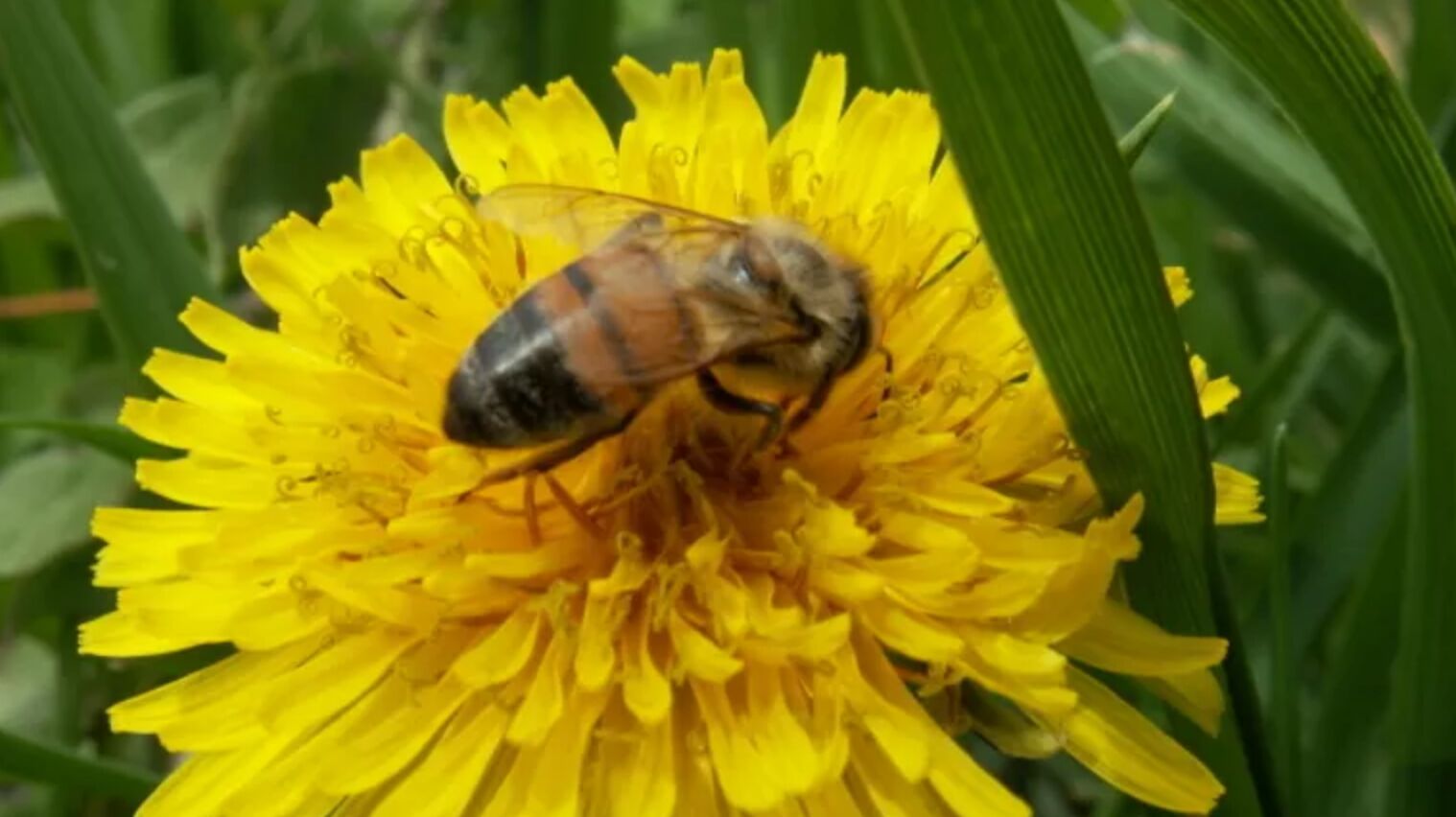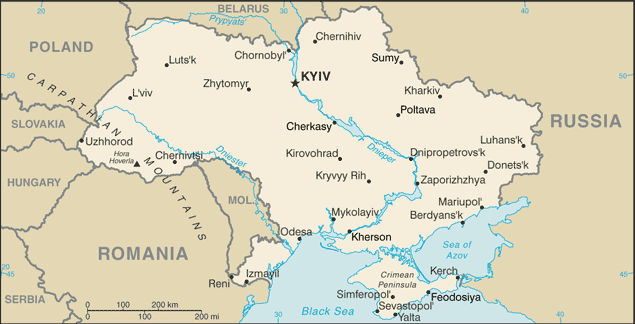Specialty crop growers and pesticide applicators connect with beekeepers to protect sensitive crops, pollinators

Specialty crops, like fruits and vegetables, and pollinators can be sensitive to pesticides. That’s why the Nebraska Department of Agriculture is encouraging commercial specialty crop growers, pesticide applicators and beekeepers to work together to protect sensitive crops and pollinators from harmful pesticides. Pesticides include all categories of pest control products such as herbicides, insecticides and fungicides.
“Nebraska farmers are innovative and find ways to increase productivity while protecting sensitive crops and pollinators,” said NDA Director Sherry Vinton. “There are free mapping resources available online designed for reporting field locations of commercial specialty crops, organic crops and beehives to help protect them from harmful pesticides.”
FieldWatch is an online mapping service, and NDA monitors FieldWatch registries for the state. Included in FieldWatch are commercial apiary sites, vineyards, orchards, fruit and vegetable grow sites, nursery and Christmas tree production sites and certified organic and transitional organic crops.
Online mapping services help satisfy requirements on certain pesticide product labels. Depending on the product, applicators may be required to check the FieldWatch map for specialty crops or beehives, survey the area adjacent to the application site for these crops, and use no-spray buffers or apply another day if the wind is blowing toward a commercial specialty crop.
In Nebraska, 757 growers have registered a total of 2,173 specialty crop and apiary sites in FieldWatch. Those sites are currently found in 84 of Nebraska’s 93 counties and contain approximately 124,000 acres of specialty crops. New sites are added frequently.
Registration is voluntary, free, easy to use and secure. Pesticide applicators can view maps, sign up for free email alerts and get the free FieldCheck app, or receive direct data feeds or downloads. In addition, applicators registered in FieldCheck can benefit from viewing detasseling operation locations which helps ag applicators stay in compliance with label directions for worker safety. Approximately 85,200 acres of seed corn in 825 fields were displayed last year.
FieldWatch also integrates corn and soybeans with various herbicide traits into the mapping system. This enables row crop producers and pesticide applicators to work together to increase pesticide stewardship. When using the DriftWatch registry, producers create an account and map their fields.
Information about FieldWatch and its registries (FieldCheck, DriftWatch, BeeCheck and SeedFieldCheck) can be found at https://nda.nebraska.gov/pesticide/fieldwatch.html or by calling NDA Program Specialist Craig Romary at 402-471-2351.



